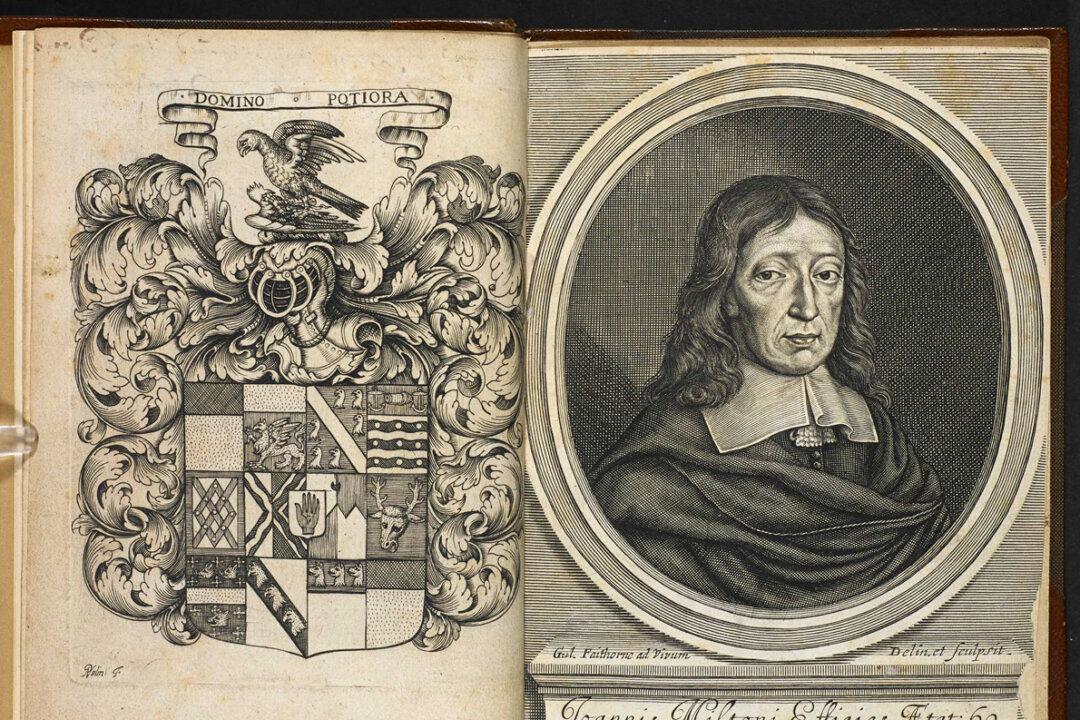Do we want to be better people? Do we want our character to improve? And do you want your own soul to realize its full potential? If so, then coming into contact with the sublime and specifically sublime literature can change you. Reading Milton’s “Paradise Lost” can show us the way to enlarge our own sense of being through its imaginative power.
In Part 2 of this series of articles on the sublime, we saw how Milton scaled up imagery or size as a method of creating a sense of wonder in us. But before returning to our analysis of Book 4 and more, it might be pertinent just to remind ourselves of why Longinus (whom we cited extensively in Part 1 of this series) considered this so important.






